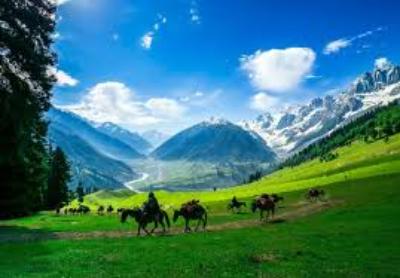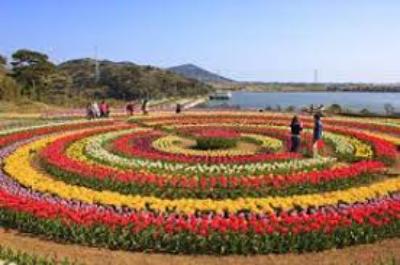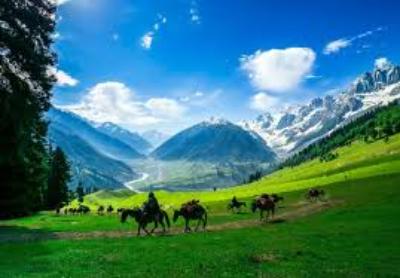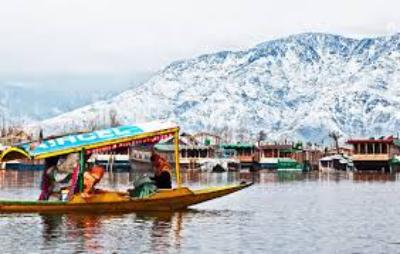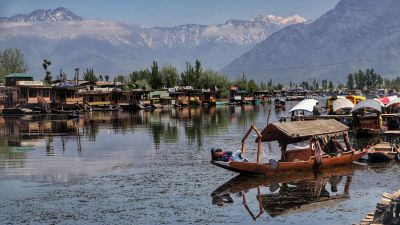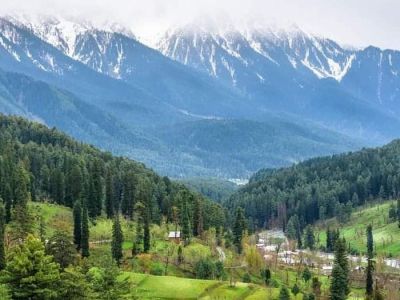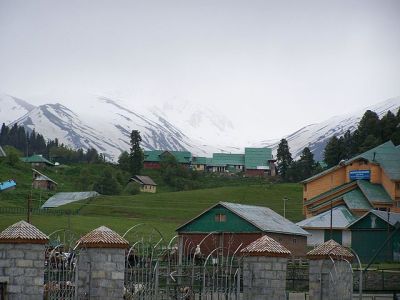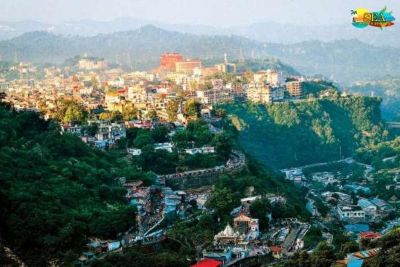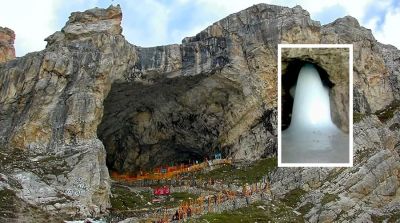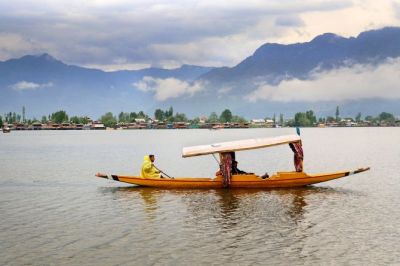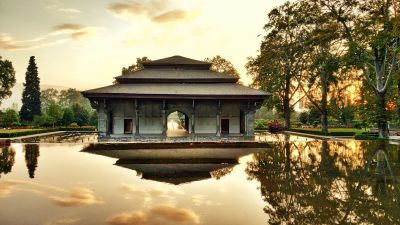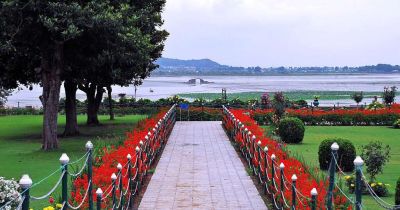Srinagar's Tea Culture: Tasting the Traditional Kahwa
When we think of Srinagar, the capital city of Jammu and Kashmir, we are often reminded of its stunning snow-clad mountains, tranquil lakes, and beautiful Mughal gardens. However, what many people are unaware of is the rich tea culture that has been prevalent in this region for centuries. Srinagar's tea culture is deeply rooted in tradition and is an important part of the local lifestyle. One of the most popular and traditional teas of the region is called Kahwa.
The Origin of Kahwa
Kahwa has a fascinating history that dates back centuries. It is believed to have originated in the Kashmir Valley and was introduced during the reign of the Kashmiri kings. Kashmir, being a prominent stop on the ancient Silk Road, had the privilege of being a hub for trade and cultural exchanges. It is said that the tea leaves and spices used to make Kahwa were brought from distant lands, including China, Persia, and Central Asia.
Kahwa was initially consumed by the Kashmiri royalty and wealthy households as a symbol of luxury and hospitality. Over time, it became an essential part of the Kashmiri culture and gradually gained popularity among people from all walks of life.
The Ingredients and Preparation
One of the main reasons for the popularity of Kahwa is its unique blend of ingredients. The tea is prepared by brewing green tea leaves in water, along with a combination of spices, saffron, and rose petals. The spices commonly used in Kahwa include cardamom, cinnamon, cloves, and crushed almonds or walnuts. This gives the tea a rich flavor and a distinctive aroma that is sure to tantalize your taste buds.
To prepare Kahwa, the ingredients are simmered over a low flame for a specific period of time to extract the flavors. The tea is served hot and is often accompanied by delicious Kashmiri snacks like baqerkhani (a puff pastry) or kulchas (bread rolls).
The Health Benefits of Kahwa
Apart from its delightful taste, Kahwa also offers numerous health benefits. The combination of green tea leaves, saffron, and spices makes it a rich source of antioxidants, which are known to boost the immune system and reduce the risk of chronic diseases like heart disease and cancer.
The warming effect of Kahwa is particularly beneficial during the cold winter months, as it helps in improving blood circulation and keeping the body warm. It is also believed to aid digestion and promote overall well-being.
Experiencing Kahwa in Srinagar
When visiting Srinagar, it is highly recommended to experience the traditional Kahwa firsthand. The city is dotted with numerous tea stalls and local cafes where you can indulge in this aromatic delight. One of the most popular places to enjoy Kahwa is the bustling Old City area, where you can immerse yourself in the vibrant atmosphere and sip on this traditional tea while taking in the breathtaking views of the surrounding mountains.
The Importance of Sharing
As you savour the flavors of Kahwa, it is essential to appreciate and respect the cultural significance behind this beloved beverage. The best way to experience Kahwa is by sharing it with locals, who will be more than happy to share their stories and traditions with you. Engaging in conversations with the locals over a cup of Kahwa will not only enrich your travel experience but also help in preserving this age-old tea culture.
Conclusion
Srinagar's tea culture is a hidden gem worth exploring. From the traditional Kahwa to other local tea varieties, this region has a lot to offer to tea enthusiasts. So, the next time you find yourself in Srinagar, don't forget to immerse yourself in the rich tea traditions of this enchanting city. And remember, sharing a cup of Kahwa is not just about the beverage itself, but about connecting with the people and culture of this beautiful land.
Share this blog post with your friends and fellow travelers to spread the word about Srinagar's tea culture and the traditional Kahwa!
Disclaimer : The information provided in this blog is for general informational purposes only. While we strive to keep the content accurate and updated, TravelSetu assumes no liability for errors or omissions. If you believe any part of this blog infringes your rights or causes concern, please notify us immediately at info[at]travelsetu[dot]com so that appropriate action can be taken.

